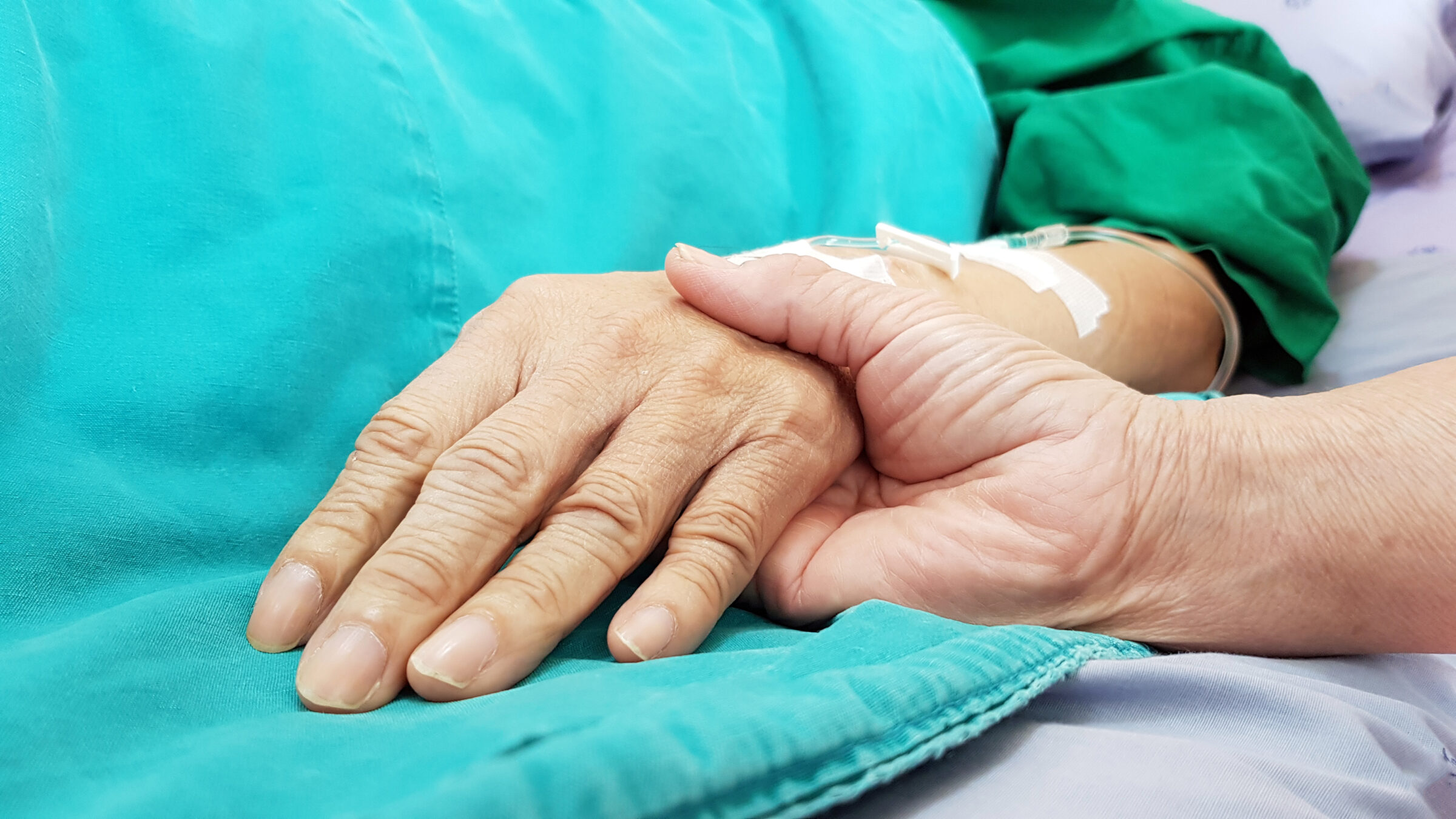

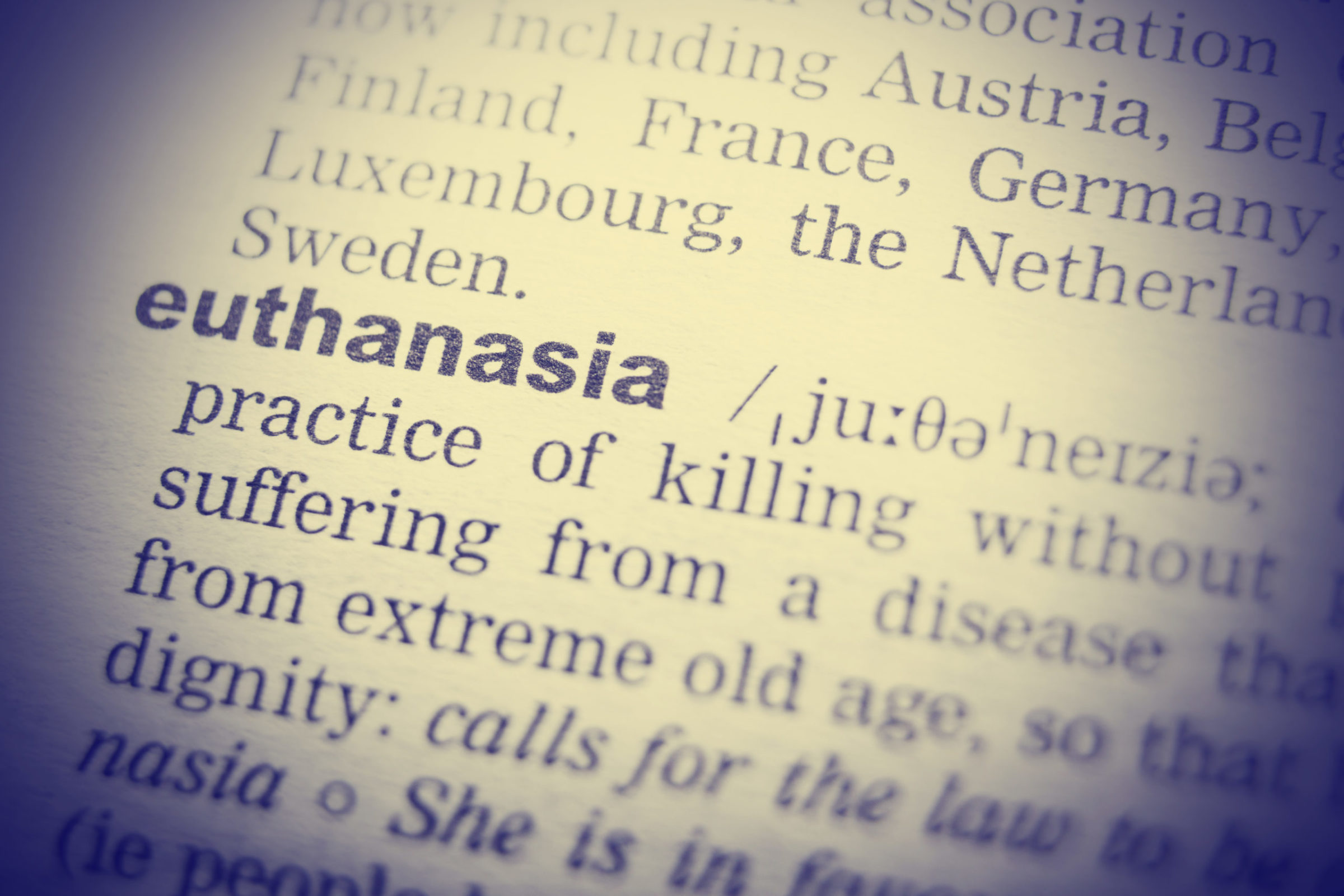
Legalizing Euthanasia Poisons a Nation’s Soul

Medical Aid in Dying: Euphemism of Choice for Assisted Suicide

No to Killing for Organs
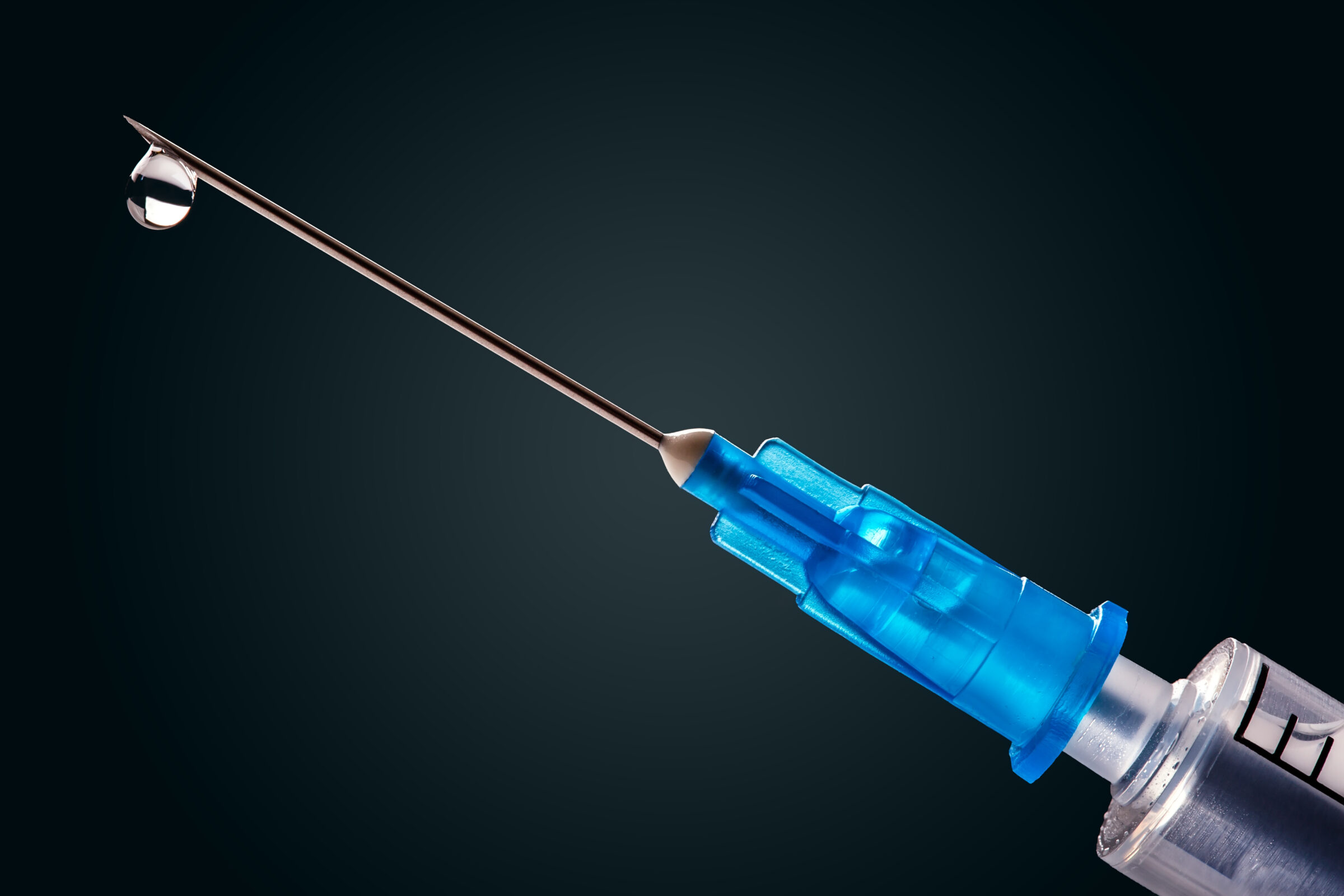
The Canadian Culture of Death Brooks No Dissent
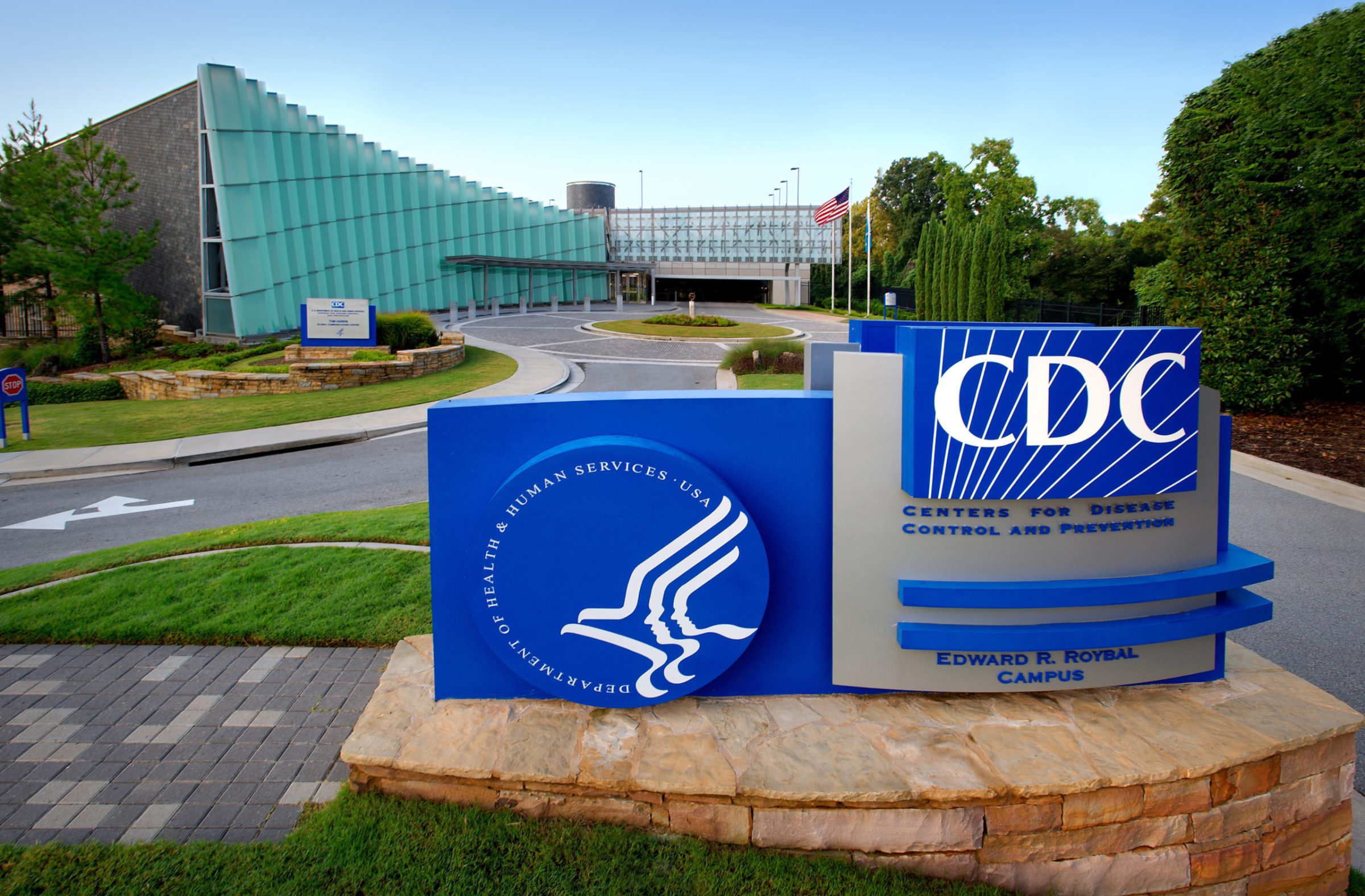
CDC Undercounts Suicides by Not Including Assisted Deaths

The Whispers of Strangers

U.K. Medical Society Goes ‘Neutral’ on Euthanasia as Quebec Expands Eligibility

Bioethicists: Euthanasia Okay for ‘Unjust Social Conditions’
Once killing the sufferer becomes a societally acceptable means for ending suffering, there becomes no end to the “suffering” that justifies human termination. We can see this phenomenon most vividly in Canada, because it is happening there more quickly than in most cultures. For example, a recent poll found that 27 percent of Canadians polled strongly or moderately agree that euthanasia is acceptable for suffering caused by “poverty” and 28 percent strongly or moderately agree that killing by doctors is acceptable for suffering caused by homelessness. Euthanasia mutates a society’s soul. I can’t imagine that being true ten years ago before euthanasia became legal. This kind of abandoned thinking finds enthusiastic, albeit not unanimous, expression among secular bioethicists. In fact, two Canadian bioethicists just published a paper in the Journal of Medical Ethics — a prestigious British Medical Journal publication — arguing that “unjust social conditions” justify lethal jabs (euphemistically called MAiD, for “medical assistance in dying”). The argument claims that killing is a form of “harm reduction.” The authors even admit such cases have already occurred legally in Canada. From “Choosing Death in Unjust Conditions: Hope, Autonomy, and Harm Reduction” (my emphasis): In 2022, an individual in Canada, who had been diagnosed with multiple chemical sensitivities (MCS), received MAiD. However, by their own description, their decision to choose MAiD was driven primarily by the fact that they were unable to access affordable housing compatible with MCS. While it was true that they suffered from an illness, disease or disability that caused ‘enduring physical or psychological suffering that is intolerable to them and cannot be relieved under conditions that they consider acceptable’ as specified under the eligibility criteria of Bill C-14 [that recently expanded eligibility beyond death being “reasonably foreseeable], the primary source of their suffering was an inability to find appropriate housing, not the condition itself. Another person, also with MCS, writes: ‘I’ve applied for MAiD essentially because of abject poverty’. Good grief. The patient in question is dead — not because of their medical but housing conditions. And doctors used the physical issues as pretext for justifying the killing as within the law! The authors approve of allowing euthanasia for reasons of social injustice as a means of “harm reduction.” And in the context of medical issues, the authors claim that this includes killing patients who would not want to die if they could access proper treatment: In the case of the availability of MAiD in Canada to people who not only might but have explicitly said they would choose differently if they had access to the options they preferred, we argue that the least harmful way forward is to allow MAiD to be available. This, even though Canada’s socialized health-care system is in crisis: Access to healthcare across nearly all dimensions continues to deteriorate in the wake of the pandemic even outside of long-term and palliative care, from basic care, to surgical backlogs, to a general consensus that the system is in a state of collapse. In this context, refusing options to people who autonomously pursue MAiD amounts to perpetuating their suffering, hoping that this will ultimately lead to a better, more ‘just’ world. This is a world that currently does not exist and is unlikely to emerge in the near future. Even if it did, it is unfortunately even more unlikely that the people whose current suffering has led them to request MAiD will realise its benefits. So, socialized medicine fails, and a splendid answer to the problem for patients in need is euthanasia. Do you see now why I call euthanasia/assisted suicide “abandonment?” The authors conclude: We disagree with any claim that the unjust lack of choices available to people is alone sufficient to undermine their autonomy. Those who launch legal proceedings or request and receive MAiD are unlikely examples of people whose reduced opportunities have led them to lose all hope and motivation for pursuing personally meaningful courses of action. Moreover, neither a reduction of opportunities in itself, nor the existence of oppressive ableist norms, is sufficient to directly undermine autonomy…Restricting an autonomous choice to pursue MAiD due to the injustice of current non-ideal circumstances causes more harm than allowing the choice to pursue MAiD, even though that choice is deeply tragic. Bioethics is growing increasingly monstrous. And that matters because these are the so-called “experts” who exert tremendous influence on our laws and regulations, in court rulings, over the attitudes of journalists, among the purveyors of popular culture, and, ultimately, upon public attitudes. Moreover, Canada is our closest cultural cousin. If such a crass death-embracing attitude developed there so quickly with the legalization of euthanasia, it will happen here too — and, indeed, almost all state laws allowing doctor-prescribed death already expanded their guidelines. Which is why, if we want to follow the truly compassionate course, it is a matter of great urgency that we reject all further legalization of assisted suicide in the United States.
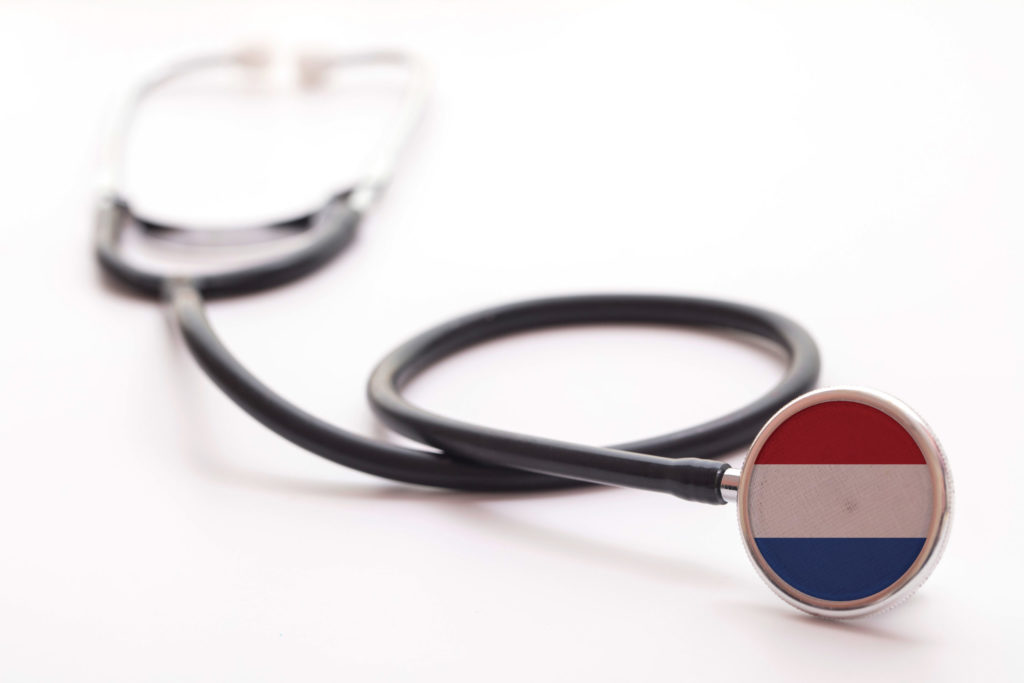
Dutch Expand Euthanasia to Children Ages One to Twelve
Because of course they do. Once euthanasia is accepted by a society, it is a one-way street, continually expanding the killable castes. The Dutch already allowed euthanasia for ages twelve and up. Now, it is down to age one. From the NTD News story: The Netherlands has said it will broaden its euthanasia regulations to allow doctors the ability to end the lives of terminally ill children between one and 12 years old. The rule change involves the government adjusting an existing protocol, and does not require parliamentary approval. The decision comes after years of requests from some Dutch doctors to lower the age limit of 12 for euthanasia, as well as debate within the cabinet. According to the Dutch government, “The end of life for this [age] group is the only reasonable alternative to the child’s unbearable and hopeless suffering.” That’s always the excuse. But Dutch MDs kill babies born with terminal or seriously disabling conditions already under the Groningen Protocol. Given that Dutch doctors euthanize many people — including elderly couples, young women with anorexia, the disabled, and people with mental illnesses — the notion that euthanasia will be “strictly” limited to children close to death whose suffering cannot otherwise be ameliorated is bitterly laughable on its face.